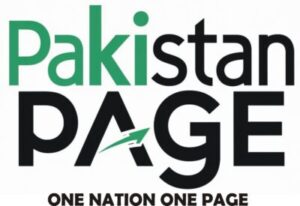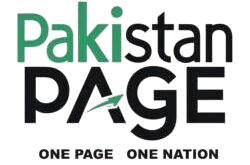Islamabad: A high-level event was held in Islamabad to mark the World Day Against Trafficking in Persons, underscoring Pakistan’s commitment to eradicating the organized crime of human trafficking.
Themed “Human Trafficking is an Organized Crime – End Exploitation”, the gathering brought together key stakeholders from national institutions and international organizations to strengthen cooperation and accelerate collective efforts against this transnational threat.
Speaking at the event, Director General of the Federal Investigation Agency (FIA), Riffat Mukhtar Raja, emphasized Pakistan’s strong national action plan against human trafficking. He pointed to the 2018 legislation as a clear indication of the government’s resolve and reiterated that victims of trafficking should be seen as victims, not criminals.
Raja affirmed the FIA’s commitment to protecting the dignity and rights of victims, stating that coordinated efforts are essential to counter such an organized crime effectively. He also praised the role of national institutions and international partners in this ongoing struggle and assured that FIA is making every possible effort, including enforcement and victim rehabilitation.
The event saw participation from senior officials of the Ministry of Interior, FIA, and representatives from the United Nations Office on Drugs and Crime (UNODC), International Labour Organization (ILO), International Organization for Migration (IOM), Sustainable Social Development Organization (SSDO), International Centre for Migration Policy Development (ICMPD), and International Returns and Reintegration Assistance.
The event was supported financially by Canada, the European Union, the US Embassy, British High Commission, Australia, Norway, and other global partners.
Director Sarfraz Virk of FIA presented a detailed briefing on the National Action Plan, followed by an interactive session addressing queries from attendees. A panel discussion involving law enforcement officials and experts from international organizations examined policy and judicial challenges, cross-border collaboration, and the importance of human rights-based interventions

